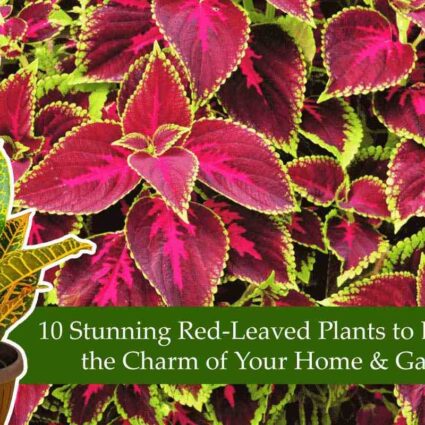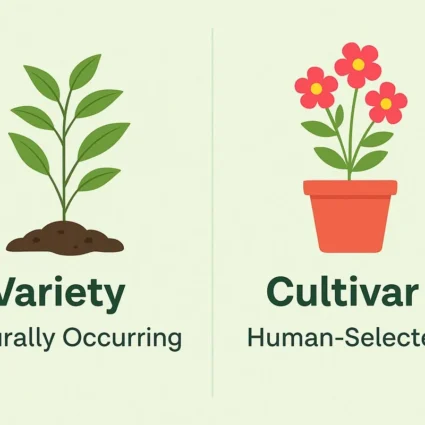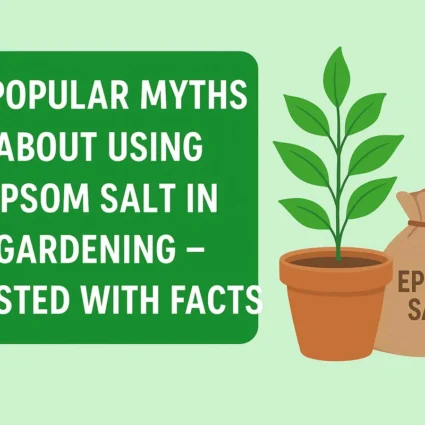
Seeds That Require Light to Germinate
Before planting any seed one needs to know the conditions. Many amateur gardener are not aware that seeds petunias, begonias, geraniums thrive well in light and covering them with soil will suppress their sprouting. One should plant a seed to a depth that is three times its thickness. Follow the seed packet to solve your queries and will help you know how deep to plant the seed. Some seeds need the impetus of light hitting them before they break the dormancy and start to germinate.
Also Read This :Vegetable Seeds That can be Directly Sown
Some seeds self- sows themselves and requires a great amount of light. Seeds such as poppies, balloon flower drop their seeds on the soil and germinate where they land. They sprout in regards to environmental factors.
Also Read This :How to Grow Mogra Flower from Cuttings at Home
There are a myriad of seeds that do well when they are exposed to light. If they are covered in soil there are chances that it may remain dormant and does not sprout till the conditions improve.
Also Read This :All you need to know about Vegetable Transplant
Some of the seeds that survive on light are:
- Balloon Flower
- Begonia
- Browallia
- Coleus
- Columbine
- Petunias
- Poppies
Also Read This :Transplant Vs Direct Sowing
Balloon Flower
They grow in partial shade but 8-9 hours of sunlight will get you most flowers. They prefer well drained, loamy soil that is a bit acidic. They need constant watering at first but rain in abundance after roots have been established.
Also Read This :Unripened Bananas : Benefits of Eating Raw Bananas & How to Grow them Indoors
Begonia
All begonias need bright, indirect light. Indoor varieties prefer a place near a window with a sheer curtain to protect them from the strong sunlight as direct sunlight can be harsh for their leaves.
Also Read This :What Plants Can You Grow Organically in Your Own Backyard
Browallia
It is a low maintenance plant that prefers shady locations and grows prolifically. It boasts blue, purple, white blooms. Its flowers attract hummingbirds and are ideal for hanging baskets and containers. This plant can be toxic if pets ingest it.
Also Read This :How To Grow Giloy Plant From Seeds and Cuttings At Home
Coleus
These plants require bright sunlight but it is best to avoid direct sunlight as it can harm the leaves. Too much sunlight can or intense midday rays can discolor the leaves and too light sunlight can weaken the growth. A balance is important for the plant to thrive well.
Also Read This :Know the best Uses of these Herbal and Medicinal Plants
Columbine
They prefer partial shade but this can tolerate full sunlight in cooler climates and during cool spring days. Grow these plants in well drained humus soil with a neutral to slightly acidic Ph. Water the plant when the top inch of the soil dries out.
Also Read This :The Differences you didn’t know between BANANAS and PLANTAINS
Petunias
Petunias need 5-6 hours of sunlight. They bloom well if they are located in full sun the whole day. If they receive partial shade they are likely to receive faded flowers. They are heat resistant and only require water once a week. Those planted in pots or baskets need more water at least once a day.
Also Read This :Things you Never Knew About The Jackfruit Tree
Poppies
Ensure to choose an area of your garden that is well drained and gives a good amount of sunlight as poppy needs both. They would not survive where the grounds are soggy.
Poppies grow in late spring and early summer when temperatures are mild.
Also Read This :Black Pepper : How To Grow at home easily From Seeds
Most people with an amateur knowledge of growing plants know that sunlight, water, well drained soil is necessary for seeds to germinate. But there are also some seeds that do not need light to germinate and thrive well in darkness and are inhibited by light. Some of the seeds that do not require light are Allium, Phacelia.
Also Read This :Survival of Cactus & Acacia in Deserts with Scarce Water




